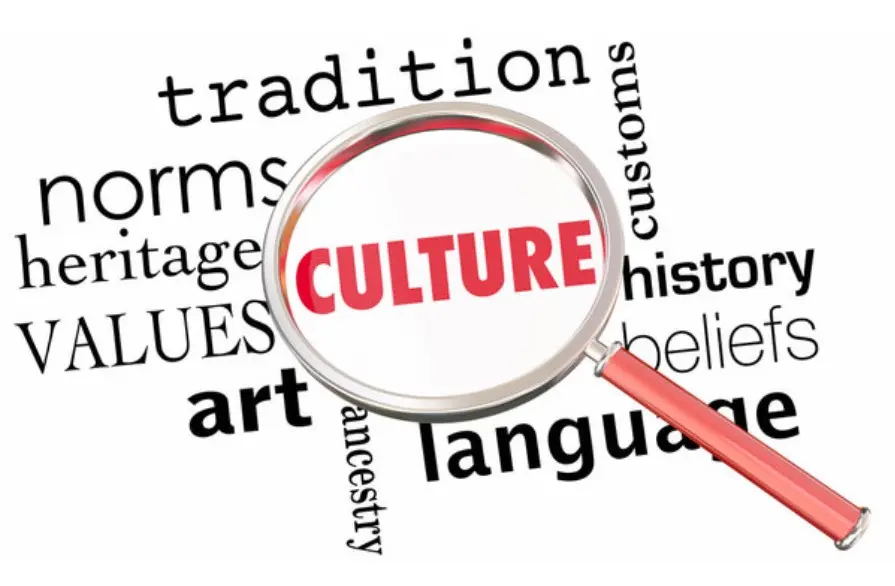French culture has an enriched history, philosophy, and art that differentiates it from other cultures of the world. From fashion shows to classic literature, its impact on the global stage is undeniable. At the core of French cultural identity lies the French language. The important thing to note about the French language is that it is spoken with two distinct dialects. This can be witnessed while navigating the linguistic variations between standard French and Canadian French. The history of Canadian French is rooted in the history of Quebec and other French-speaking regions of Canada. This dialect shows unique vocabulary idioms that depict their unique culture. In this landscape, Canadian French translation services play a significant role in preserving the cultural identity of Canadian French. These services promote understanding and differentiate the variety of the Francophone world by guaranteeing accurate and culturally sensitive communication.
The Global Spread of French Culture Through Language
French culture’s existence in the world is due to the adoption of the French language. We all know the French language is the official language of France. The significance of this language is more than its official status. It is a leading language used in education, commerce, and international diplomacy. Moreover, it is also the sixth official language of the United Nations and the working language of many international organizations. In short, the French language is the medium of global collaboration and cultural exchange.
French Language as a Cultural Vehicle
History shows that the colonial expansion of France played a significant role in dispersing the language across different continents. People living on different continents speak this language. In African nations such as Cameroon, Ivory Coast, and Senegal, French as a language is not only used to communicate with diverse ethnic groups; however, it is also a medium of art and cultural exchange. Similarly, Quebec in Canada is used for regional variations that contribute to the vibrancy of the global Francophone identity.
A Legacy of Cultural Splendor and Global Influence
France, a country rich in cultural expression and history, has created a rich tapestry that still has an impact on world culture. The country’s history has molded its distinct personality, from the splendor of the Roman Empire to the grace of the French Renaissance.
Different eras have made the history of France. One of the important eras is the era of the Enlightenment. The emphasis of this era is on individual liberty and reasoning. This portrays France as a major intellectual hub. French thinkers like Montesquieu, Voltaire, and Rousseau changed traditional thoughts and inculcated modern democratic thoughts among the people.
French cuisine is famous for its sophistication and elegance, which has impacted global culinary trends. And it is pleasant to the taste buds of the people around the globe.
Philosophical, political, and artistic ideas have also been greatly influenced by French literature and language. The writings of Sartre, Camus, Rousseau, and Voltaire have influenced discussions of existentialism, justice, and freedom around the world despite language barriers. The French New Wave (Nouvelle Vague) transformed filmmaking and stimulated imaginative storytelling all around the world.
Maintaining the authenticity of a language’s phrases, idioms, and customs depends heavily on accurate translations. Maintaining the depth of meaning when adjusting to a new language is difficult when speaking French, a language rich in nuances and cultural context. When translated, idioms and culturally specific terms often lose their meaning. In this case, French translation service providers make sure that the essence of the content does not change during translation.
How Translation Services Preserve Cultural Heritage
Translators contribute to the global dissemination of France’s literary and artistic legacy by faithfully translating French works. For example, dubbing and subtitling that respect humor, cultural background, and emotional undertones have helped French films achieve widespread praise. The translation of Victor Hugo’s Les Misérables is one instance from the actual world. The original French text’s emotional impact and sociopolitical commentary have been retained in numerous English translations over the years, making it suitable for readers from a variety of cultural backgrounds. The cultural relevance of French art is increased when historical writings and gallery descriptions are accurately translated to ensure that visitors completely comprehend the purpose behind literary pieces.
Translation services have also helped digital platforms by facilitating online access to France’s cultural assets. Translations enable people all over the world to experience and comprehend France’s contributions to art, history, and science, from virtual tours of museums to instructional materials about French heritage. The essence of French tradition is preserved while promoting international cultural interchange through the fusion of technology and translation.
Conclusion
The French language, with its enriched history and global use, is a powerful tool for preserving French culture. From philosophical literary work to French cuisine, it has made French cultural awareness around the globe. Translation services play a significant role in removing linguistic and cultural barriers. The preservation of French culture through translation services is inspiring the lives of many people from diverse backgrounds.
Also Read-Football Fan Festivals: Experiences Beyond the Game
